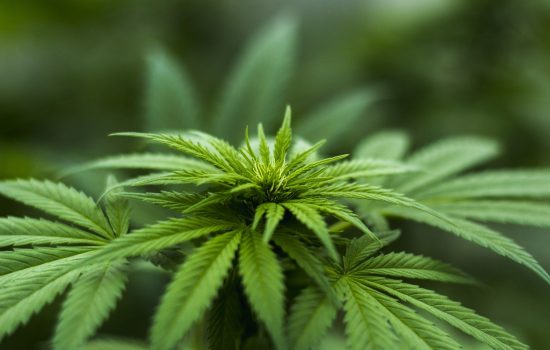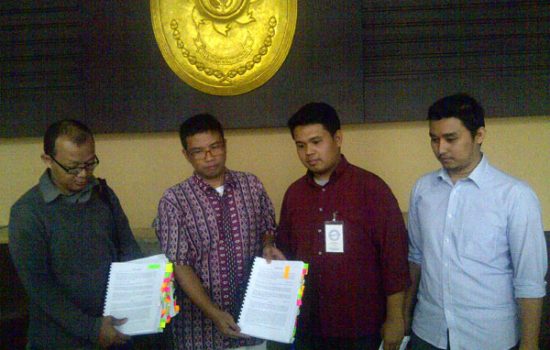Kovenan Internasional Hak Sipil dan Politik atau International Covenant on Civil and Political Rights[1] adalah sebuah perjanjian multilateral yang diadopsi oleh Sidang Majelis Umum PBB pada 16 Desember 1966 melalui Resolusi 2200 A (XII) dan sesuai dengan Pasal 49 Kovenan ini mulai berlaku pada 23 Maret 1976.
Beberapa hal penting dari Kovenan ini adalah hak – hak sipil dan politik dari tiap orang, termasuk hak untuk hidup, kebebasan beragama, kebebasan berpendapat, dan kebebasan berserikat, hak atau pemilu yang adil, hak atas proses peradilan jujur dan adil.Kovenan ini diawasi pelaksanaannya oleh sebuah badan yaitu Human Rights Committee[2], yang melalui peninjauan secara berkala terhadap laporan negara – negara yang telah meratifikasi Kovenan ini, tentang bagaimana hak – hak yang dijamin dalam Kovenan ini dilaksanakan.
Untuk Indonesia, Kovenan ini telah diratifikasi pada 28 Oktober 2005 melalui UU No 12 Tahun 2005 tentang Pengesahan International Covenan on Civil and Political Rights[3]. Terhadap Kovenan ini, Indonesia melakukan Deklarasi[4] terhadap Pasal 1 Kovenan Internasional Hak Sipil dan Politik dengan menyatakan “With reference to Article 1 of the International Covenant on Civil and Political Rights, the Government of the Republic of Indonesia declares that, consistent with the Declaration on the Granting of Independence to Colonial Countries and Peoples, and the Declaration on Principles of International Law concerning Friendly Relations and Cooperation Among States, and the relevant paragraph of the Vienna Declaration and Program of Action of 1993, the words “the right of self-determination” appearing in this article do not apply to a section of people within a sovereign independent state and can not be construed as authorizing or encouraging any action which would dismember or impair, totally or in part, the territorial integrity or political unity of sovereign and independent states.”
Terkait dengan isu Defamasi, maka ketentuan yang relevan adalah Pasal 19 yang berbunyi “(1) Everyone shall have the right to hold opinions without interference; (2) Everyone shall have the right to freedom of expression; this right shall include freedom to seek, receive and impart information and ideas of all kinds, regardless of frontiers, either orally, in writing or in print, in the form of art, or through any other media of his choice. (3) The exercise of the rights provided for in paragraph 2 of this article carries with it special duties and responsibilities. It may therefore be subject to certain restrictions, but these shall only be such as are provided by law and are necessary: (a) For respect of the rights or reputations of others; (b) For the protection of national security or of public order (ordre public), or of public health or morals”
- International Covenant on Civil and Political Rights: http://www2.ohchr.org/english/law/ccpr.htm
- Human Rights Committee: http://www2.ohchr.org/english/bodies/hrc/index.htm
- UU No 12 Tahun 2005 tentang Pengesahan International Covenan on Civil and Political Rights: http://www.setneg.go.id/components/com_perundangan/docviewer.php?id=2023&filename=UU%2012%20Tahun%202005.pdf
- Indonesia melakukan Deklarasi: http://treaties.un.org/Pages/ViewDetails.aspx?src=TREATY&mtdsg_no=IV-4&chapter=4&lang=en



